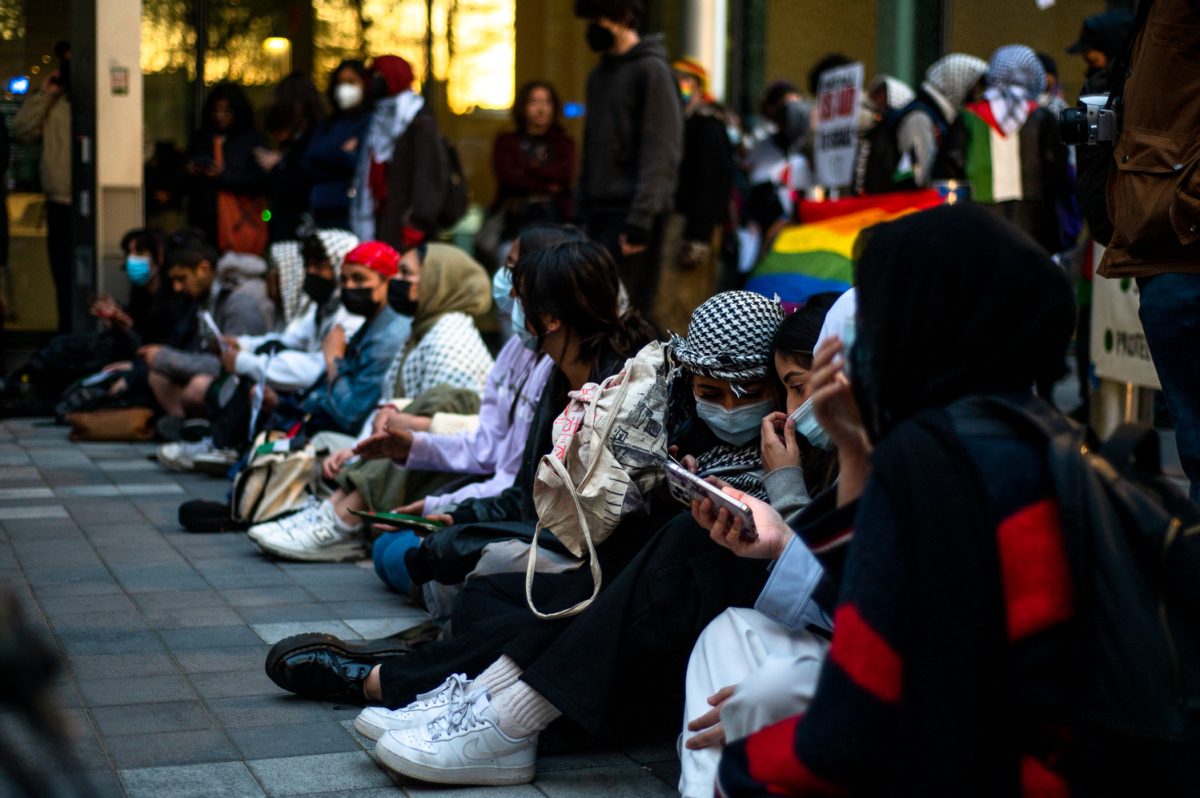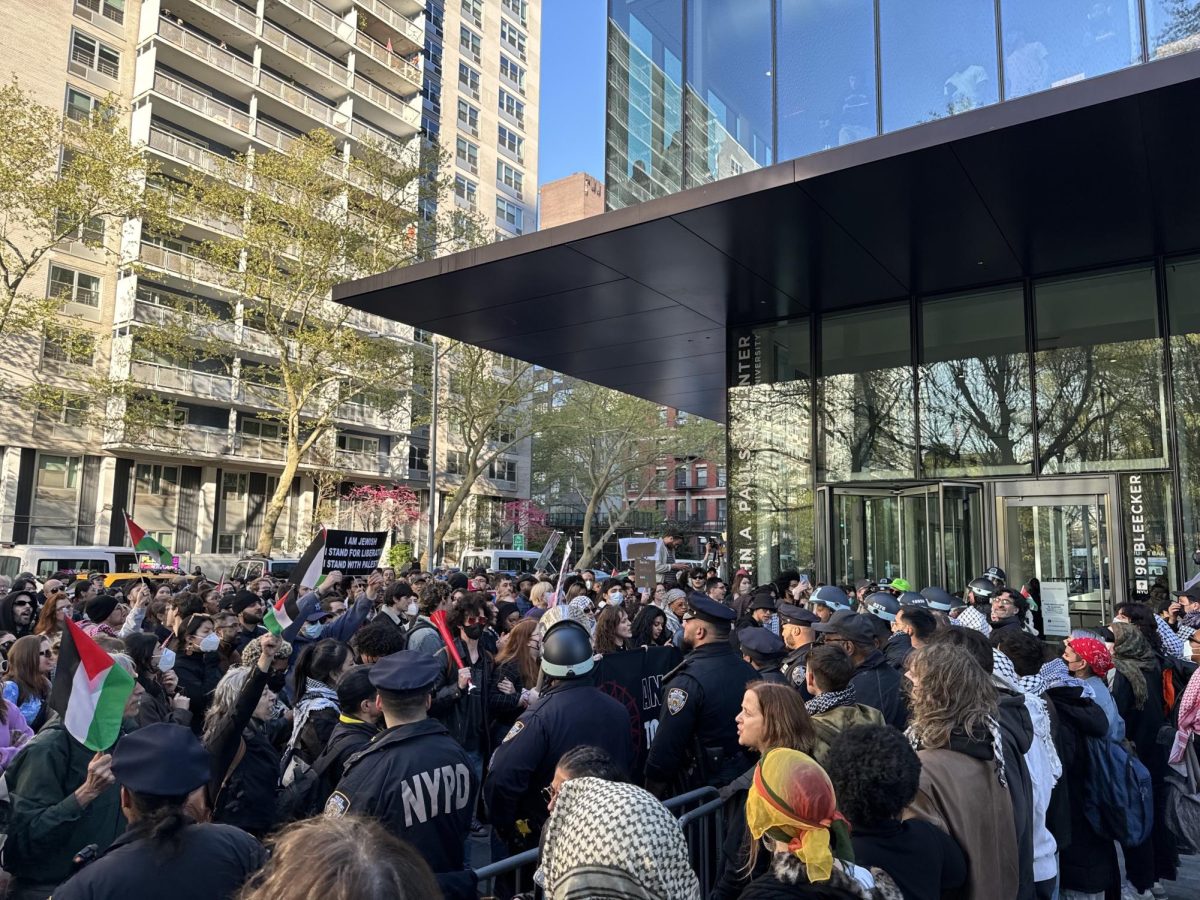Opinion: NYU needs to create more work-study jobs
Receiving a work-study grant can mean very little if there are no jobs to use it on.
NYU students often can’t redeem the entirety of their work study grants due to low availability of jobs. (Illustration by Jae Jin)
February 9, 2023
When I was applying to college, I was keenly aware of just how much financial aid would affect where I would attend. My ability to be at NYU in the first place was largely contingent on the amount of aid I was awarded — and the work-study grant I received was part of what made it possible. It wasn’t until I got to NYU and began applying for work-study jobs that I realized how tangential it actually was to the rest of my financial aid package.
At most schools, work-study is awarded to students based on their economic need as dictated by federal student aid application. The program allows students to work specific jobs, typically on campus, to pay for their college tuition. What sets work-study jobs apart from other forms of on-campus employment is the fact that the federal government compensates 75% of recipients’ wages, and NYU only has to cover the remaining 25%. After securing a work-study job, students can work 15-20 hours per week at minimum wage until they either make the maximum amount they were awarded, or the semester ends — whichever comes first.
I was awarded a work-study grant for my first two years at NYU and applied to a number of on-campus jobs each semester. Despite being qualified for these positions, I was only hired for the second half of the second semester of my second year. Many on-campus jobs weren’t even work-study-eligible, despite the fact that they were looking for students with these same qualifications.
With the limited number of hours per week that I was given and the short amount of time before the semester ended, I was only able to earn approximately half of the grant I was awarded that semester. That meant that over the course of three and a half semesters, my work-study grants were rendered completely useless.
Gallatin junior Anja Westhues had a similar experience, applying to work-study jobs as a sophomore transfer student, and receiving nothing — aside from radio silence.
“It was just odd because I was eligible, and they allocate a fund for you, but no one would hire me,” Westhues said. “There’s a lot of demand — I understand, it’s a big school — but at the same time, if they’re putting that on my financial aid package, I think that should follow through.”
While NYU is upfront about the fact that work-study jobs are not guaranteed, their inclusion in the overall financial aid package leads students — myself included — to believe that there will be a strong possibility of receiving at least some of the awarded grant.
“The way they frame it, it looks like you’re getting this amount of money along with all your loans — so I do think it misled me a little bit,” Westhues said.
The lack of available work-study jobs pushes students to seek off-campus employment, which often have the potential for higher pay. That being said, because work-study is so student-oriented, it can frequently provide benefits that other jobs cannot.
CAS junior Gillian Shinskie found the application process to be difficult to navigate. But after she was hired, she felt her experience with work-study was good, because her employers were familiar with hiring and working with full-time students.
“I was offered enough hours, and they were always understanding for school commitments or sickness,” Shinskie said.
In addition to offering more relaxed work environments and more flexibility with school than an off-campus job, work-study jobs also don’t count toward your FAFSA award for the subsequent school year. Students who need extra funding for supplies, food and other expenses — but who still rely heavily on financial assistance — can make money without worrying about their future scholarships or loans being affected because of the rigid time commitment required by an off-campus job.
NYU needs to create more opportunities for work-study students to find employment on campus in order to assist students with out-of-pocket expenses — especially considering the fact that NYU would only have to pay a fraction of the wages of these student workers. An increase in work-study jobs would help contribute to the solution to the ongoing need from students for more financial support.
WSN’s Opinion section strives to publish ideas worth discussing. The views presented in the Opinion section are solely the views of the writer.
Contact Nikkala Kovacevic at [email protected].













































































































































